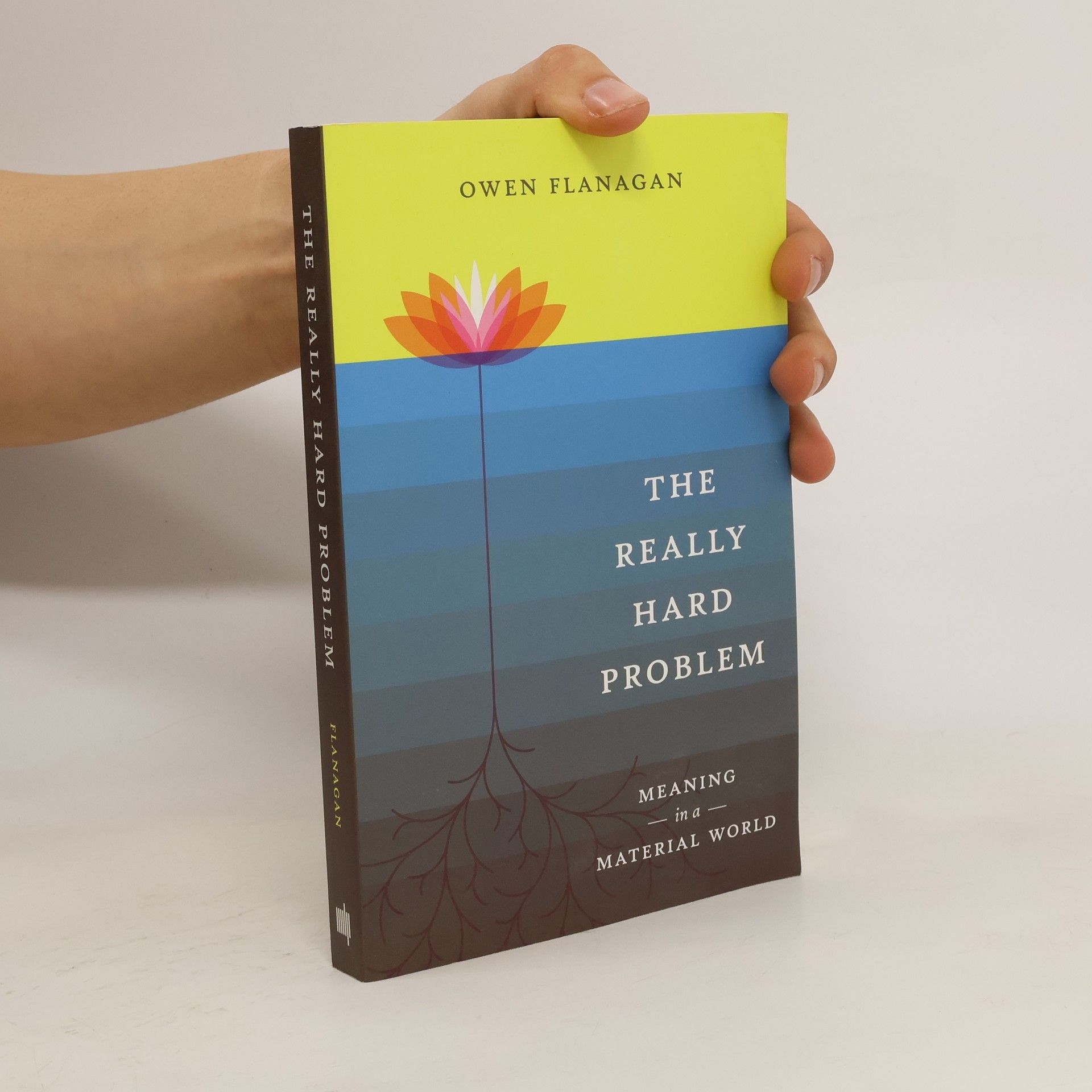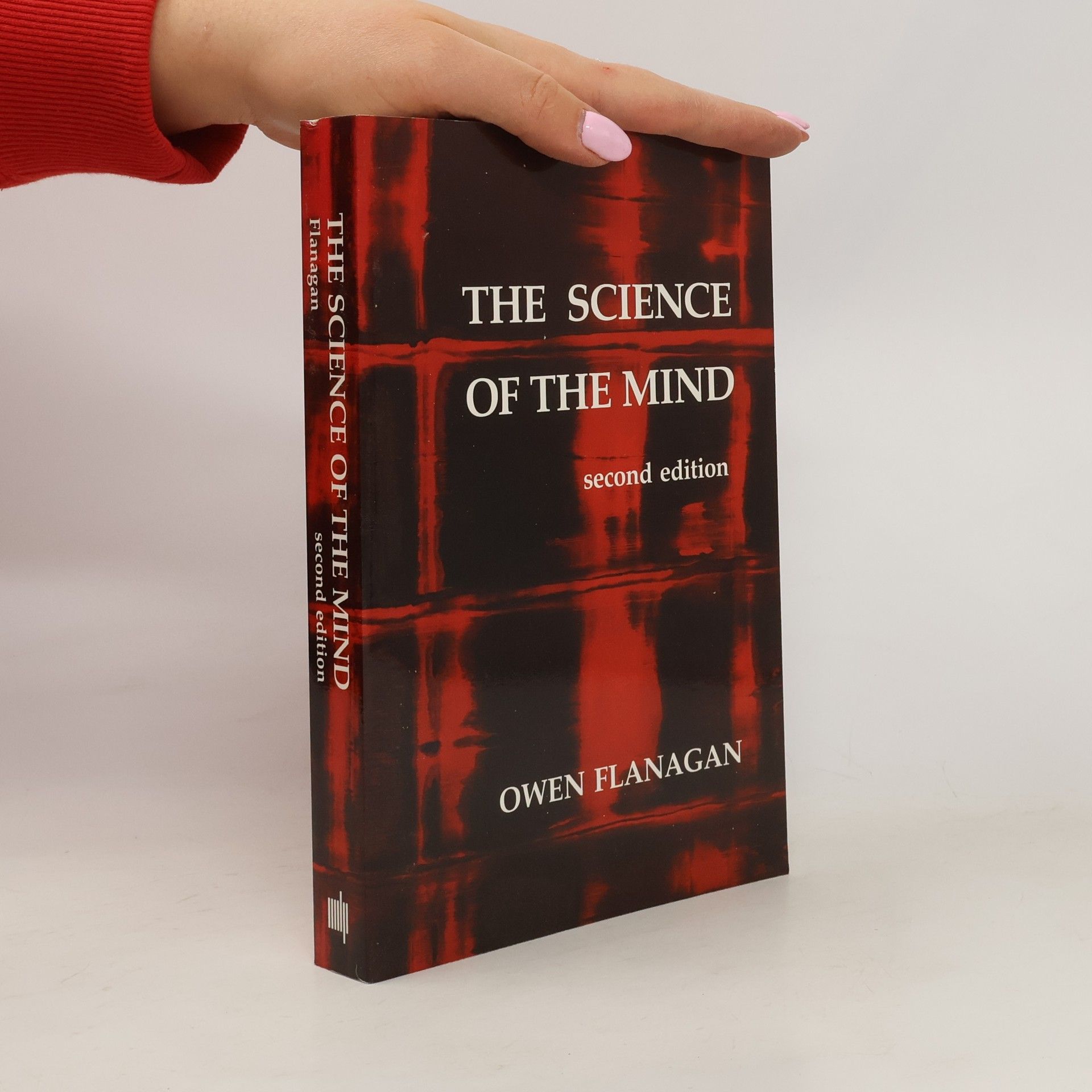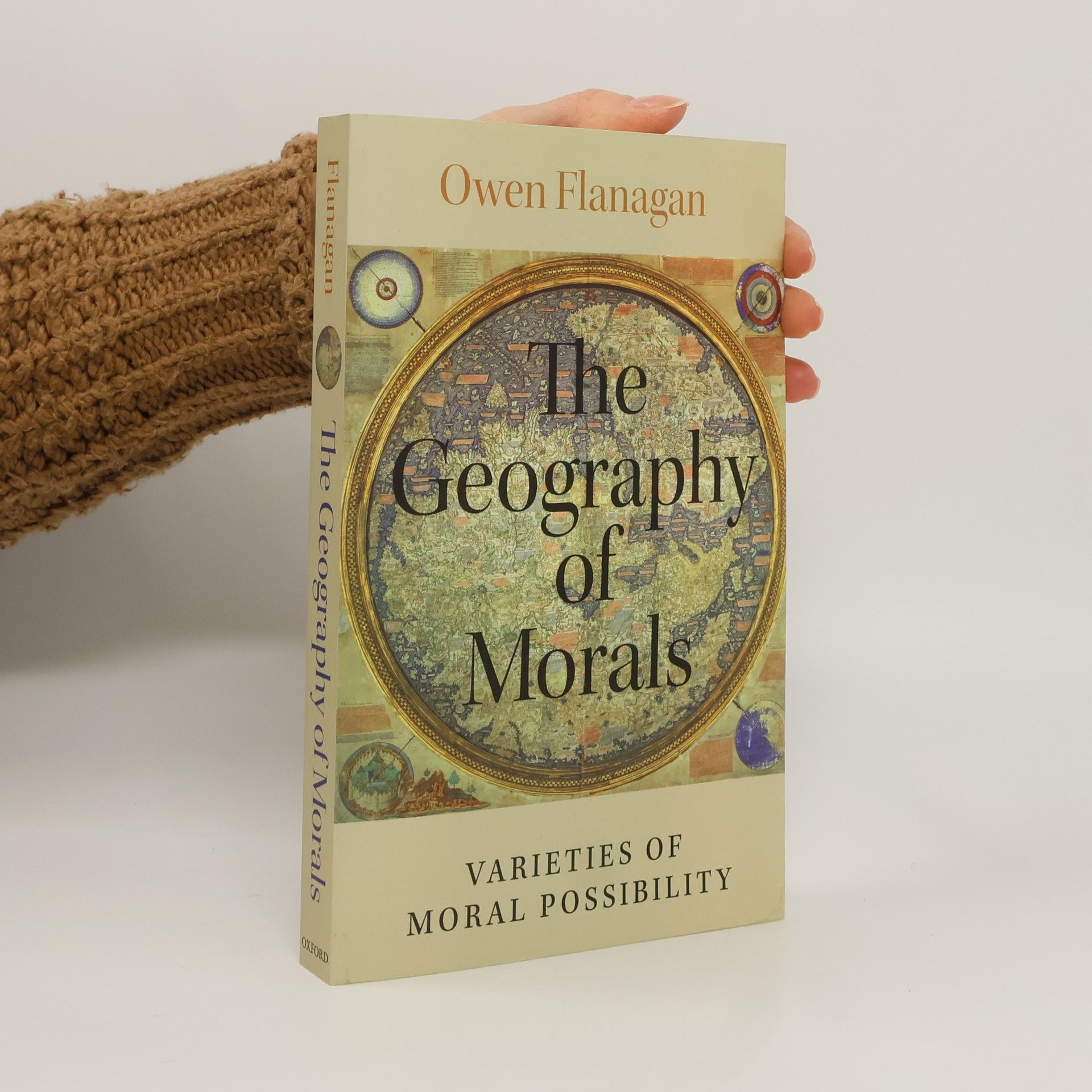The Geography of Morals
- 376 Seiten
- 14 Lesestunden
Owen Flanagan ist ein Philosoph, der sich auf die Natur des Bewusstseins und des Geistes konzentriert. Er nähert sich dem Problem des Bewusstseins als wissenschaftlicher und philosophischer Herausforderung mit realistischem Optimismus. Flanagan schlägt eine „natürliche Methode“ zum Verständnis des Bewusstseins vor, die subjektive Berichte über bewusste Erfahrungen, Erkenntnisse aus Psychologie und Kognitionswissenschaft sowie Ergebnisse aus den Neurowissenschaften integriert. Seine Arbeit interpretiert auch wissenschaftliche Forschungen zu den Wurzeln von Mitgefühl, Altruismus und friedlichen menschlichen Beziehungen.







The world today is rife with anger, particularly in the US and UK, where it often appears aimless, possibly fueled by social media. While anger can motivate positive social change—driving movements for civil rights and socio-economic equality—it also plays a role in personal defense. Conversely, shame is increasingly dismissed, with political leaders neglecting integrity and truth. Shame is viewed as a primitive emotion linked to various psychological issues and societal problems. In "How to Do Things with Emotions," philosopher Owen Flanagan challenges this perspective, advocating for a shift from anger to a more constructive form of shame. He explores cross-cultural insights, illustrating how certain types of anger are harmful, while a mature sense of shame can promote social values like kindness and truth. Drawing on Stoic, Buddhist, and other traditions, Flanagan critiques the Western psychoanalytic view of shame as misguided. By integrating cross-cultural philosophy, psychology, and anthropology, he reveals how cultural norms shape our emotions and argues that cultivating our emotional responses can lead to significant moral progress.
Consciousness emerges as the key topic in this second edition of Owen Flanagan's popular introduction to cognitive science and the philosophy of psychology. in a new chapter Flanagan develops a neurophilosophical theory of subjective mental life. He brings recent developments in the theory of neuronal group selection and connectionism to bear on the problems of the evolution of consciousness, qualia, the unique first-personal aspects of consciousness, the causal role of consciousness, and the function and development of the sense of personal identity. He has also substantially revised the chapter on cognitive psychology and artificial intelligence to incorporate recent discussions of connectionism and parallel distributed processing.
Owen Flanagan offers a comprehensive exploration of addiction, merging personal experience with an analysis of the social, cultural, psychological, and physiological influences that shape it. He critiques traditional addiction theories and addresses vital issues surrounding public policy, harm reduction, and recovery. Flanagan's empathetic perspective seeks to deepen understanding of the complexities of addiction, making it a significant contribution to the discourse on this pressing societal issue.
A unique history of the Phoenix Park with stories and memories from the Flanagan family who have been lighting the gas lamps that line the Park since the 1800s.
Napriek mimoriadnym ťažkostiam začína výskum vedomia prinášať svoje plody. Nezbadáme ich, ak pre les nevidíme stromy alebo ak - ako príslovečný pštros - strkáme hlavu do piesku. Ak sa však pozrieme na naturalisticky orientované práce z filozofie mysle, na neurológiu a neuropsychológiu, ako aj na určité oblasti kognitívnych vied, potom pochopíme to, čo som sa tu snažil popísať, a budeme menej rezervovaný voči projektu, ktorý sa snaží odhaľovať tajomstvá vedomia. Pochopenie vedomia je úžasná, ohromujúca idea, a predsa zároveň reálna možnosť. Dajme sa teda veselo do toho.